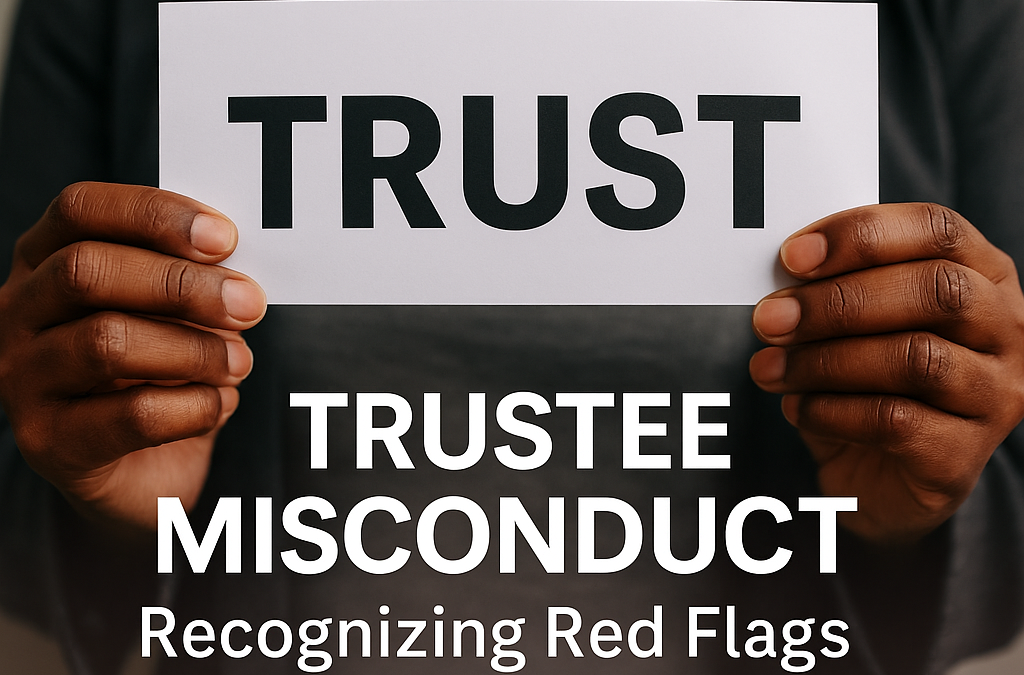
What Does Shareholder Oppression Look Like in a Company?
In a recent ruling from the Eastern Cape Division, Gqeberha, the case of Van Der Watt v Schoeman has shed light on what constitutes oppressive conduct in company affairs and the rights shareholders have against such actions. This case involved two medical professionals, Dr. V and Dr. S, the sole directors and shareholders of a medical practice company, who became embroiled in a dispute that ultimately required legal intervention.
The Heart of the Matter
Dr. V, after selling her shares in the medical practice but still retaining her stake in the company, found herself excluded from company affairs. This exclusion was a deliberate act by Dr. S, which led to a deterioration of their professional relationship. Seeking a resolution, Dr. V turned to section 163 of the Companies Act 71 of 2008, aimed at addressing oppressive conduct, and requested that Dr. S buy her out at a fair value.
Court’s Stance on Oppressive Conduct
The court’s decision was clear and in favour of Dr. V, finding Dr. S’s actions towards her as oppressive and unfairly prejudicial. This ruling directed that an independent valuation of V’s shares be undertaken by a practicing chartered accountant mutually agreed upon, to establish a fair price for Sc to pay.
Implications for Shareholders: Not Just a Minority Issue
A significant takeaway from this case is the extended protection offered by section 163 of the Companies Act 71 of 2008. Traditionally seen as a safeguard for minority shareholders, the court clarified that this remedy is also available to any shareholder facing oppressive or unfair prejudice – including those with an equal voting share in a company. The court recognized that while majority shareholders generally have the means to counteract oppressive conduct due to their voting power, those in a deadlock situation (like Dr V, who had equal voting power) also require protection.
FAQs About the Case
- What is oppressive conduct in company affairs? Oppressive conduct refers to actions by a company or its directors that are burdensome, harsh, or wrongful, significantly impairing a shareholder’s interests.
- How does Section 163 of the Companies Act protect shareholders? Section 163 provides a remedy for shareholders who experience oppressive or unfairly prejudicial conduct, allowing courts to order a variety of relief measures, including the buyout of shares.
- Can equal shareholders seek relief under section 163? Yes, as illustrated in Van Der Watt v Schoeman, even shareholders with equal voting power can be granted relief if they face oppression.
- What was the outcome of the Van Der Watt v Schoeman case? Dr. S was ordered to buy Dr. V’s shares and loan account at a fair value determined by an independent chartered accountant.
- How is ‘fair value’ determined in such disputes? Fair value is typically determined by an independent valuation considering the company’s assets, earnings, market conditions, and any other relevant factors.
The Van Der Watt v Schoeman case is a pivotal one for shareholders, affirming the legal protections against oppressive actions by other shareholders or directors, and ensuring fair play in the realm of company management.











